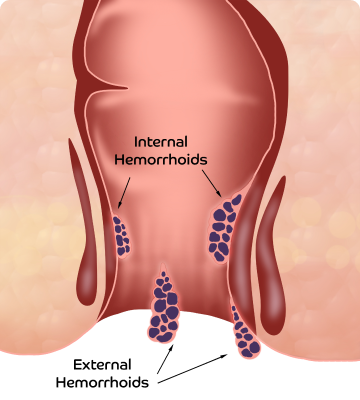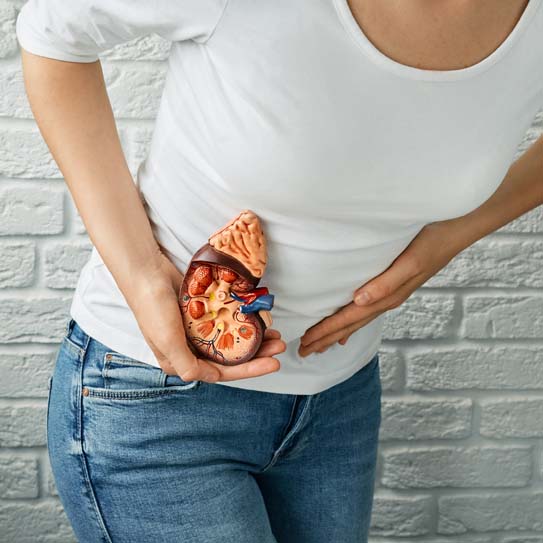Kidney stones usually form when the patients exhibit an unhealthy diet and lifestyle. The stones can block urine formation and passage, which can lead to toxic waste buildup in the body. If left untreated, kidney stones can lead to immense pain and severe complications. Contact Pristyn Care for advanced kidney stone treatment in Bangladesh.
Pristyn Care has a wide network of state-of-the-art clinics and associated hospitals where the patient can avail of advanced treatment. In addition to treatment from expert and experienced nephrologists, you can avail other facilities such as pre and postoperative consultations, easy payment plans like No-cost EMI, hospital admission and discharge documentation support, complete insurance support, etc. Contact us to book an appointment for kidney stones treatment right away.

Select City








![function at() { [native code] }](https://img.pristyncare.com/treatment%20section%2Fsection-1%2FKidney-Stones.jpg)
